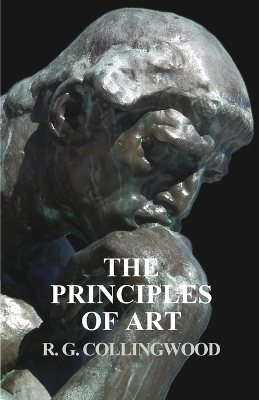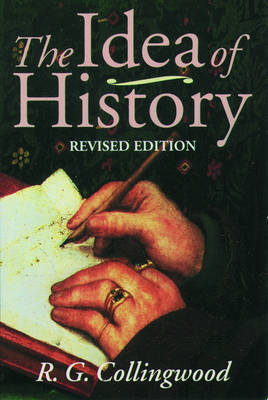Galaxy Books
2 primary works • 3 total works
Book 11
This treatise on aesthetics begins by showing that the word "art" is used as a name not only for "art proper" but also for certain things which are "art falsely so called." These are craft or skill, magic, and amusement, each of which, by confusion with art proper, generates a false aesthetic theory. In the course of attacking these theories the author criticizes various psychological theories of art, offers a new theory of magic, and reinterprets Plato's so-called "attack on art," showing that it has been entirely misunderstood. Finally, he draws important inferences concerning the position of art in human society.
Book 31
The Idea of Nature propounds Collingwood's theory of philosophical method applied to the problem of the philosophy of nature. The book is divided into four major sections: Introduction, Greek Cosmology, the Renaissance View of Nature, and the Modern View of Nature. Perhaps more than any of his other books, this one illustrates the breadth of Collingwood's learning and the many-sidedness of his philosophical gifts.
The Idea of History is the best-known work of the great Oxford philosopher, historian, and archaeologist R. G. Collingwood. Published posthumously in 1946, it examines how the idea of history has evolved from the time of Herodotus to the twentieth century, and offers Collingwood's own view of what history is.
This revised edition has a substantial new introduction which discusses how scholars have responded to Collingwood's classic over the last fifty years. It also makes available for the first time some of Collingwood's lectures on the philosophy of history - essential for a fuller understanding of his thought, and in particular for the interpretation of The Idea of History itself.
This revised edition has a substantial new introduction which discusses how scholars have responded to Collingwood's classic over the last fifty years. It also makes available for the first time some of Collingwood's lectures on the philosophy of history - essential for a fuller understanding of his thought, and in particular for the interpretation of The Idea of History itself.


